When you can't sleep well, finding the cause is essential. If you eliminate other factors, your mattress might be the problem. Some signs are evident, while others are less obvious but still important.
Read on to discover the warning signs of a bad mattress. If you recognize any of them, it might be time to upgrade. Our mattresses are designed for comfort and support, ensuring you wake up well-rested.
1. Waking Up Feeling Tired
Your bed might be the issue if you wake up daily feeling tired despite a whole night's rest. No matter how long you sleep, an uncomfortable bed can prevent you from resting well. Before blaming your mattress, consider the following causes:
- Diet: Eating too late or consuming greasy and spicy foods can cause digestive problems that disrupt sleep.
- Exercise: Proper exercise promotes good sleep, but lack and excessive exercise can affect sleep quality.
- Other Bad Bedtime Behaviors: Avoid caffeine after 4 pm if you're sensitive to it, as it can significantly impact sleep. Also, avoid overstimulating activities like drinking alcohol, which can lead to poor sleep quality.
2. Struggling to Fall Asleep
You’ve tried sleep soundtracks and cutting screen time an hour before bed, but falling asleep still feels hard. Even with breathing techniques, an unsupportive mattress that doesn’t align your spine or provide the right firmness can make falling asleep seem impossible.
Most people fall asleep in about 10 to 20 minutes. If it takes an hour or more, check your bed and try some simple sleep tips.
3. You've Got a Runny Nose
It might not be due to airborne allergens if you constantly sneeze, blow your nose, or have itchy eyes. The reason could be dust mites, which thrive in warm, humid places like sofas and mattresses. These creatures can cause skin rashes, scratchy throats, and postnasal drip.
Consider using a breathable mattress protector to prevent dust mites. It will keep unwanted critters and irritants at bay while keeping you cool and comfortable.
4. You're Feeling Aches and Pains
If you’re waking up every morning with nagging neck and back pain, it might not be your age but your mattress. Over years of use, a mattress can lose its structure, firmness, and support, compromising sleep quality.
You might have mismatched your sleep habits and mattress firmness from the start. If your mattress is too firm or plush or lacks support in crucial areas (hips, lower back, upper back), it might be time to find a higher-quality design that promotes better sleep. Start by determining your unique sleep needs, then look for a mattress with zoned support to match those needs.

5. Your Mattress Appears and Feels Uneven
When you feel that your mattress is uneven, It’s time to upgrade! Even if the unevenness isn’t evident at first glance, you’ll feel it when lying down. You might sink into the center or struggle to find a flat resting spot, a significant warning sign that could seriously affect your sleep and overall health.
6. You're Hearing Creaks and Squeaks
If you can’t see or feel any apparent signs of a bad mattress, you might hear them instead. Squeaks, creaks, and whines from your mattress could indicate problems with your bed frame or springs that have lost their tension.
These noises are more than annoying sounds that keep you up at night. They’re clear signs that your bed isn’t properly supporting your spine. Consider switching to a durable or hybrid mattress made of foam and springs. These options provide better support and are less prone to sagging and squeaking over time.
7. Overheating During Sleep
If you frequently wake up at night due to sweating and feeling overheated, it could suggest that your mattress is no longer effectively removing the heat and moisture generated by your body during sleep. An unsuitable temperature might interfere with your ability to sleep peacefully through the night.
8. Poor support
When you notice that sitting on the edge of your bed no longer offers sufficient support, it suggests that other mattress areas are also losing their supportive qualities.
Each mattress part should support your body's core and maintain the spine's alignment. As the springs and memory foam lose their elasticity, they can't give you the comfortable sleep you need at night.
9. Mattress Age
Most mattresses can last up to a decade with proper care, but their lifespans vary depending on the type. Memory foam mattresses last seven to 10 years, while latex mattresses might last up to 20 years. It's wise to evaluate your mattress after about seven years, regardless of its type, to ensure it still offers the support and pressure relief your body requires.
10. Your Mattress Has Visible Body Impressions
If your mattress displays noticeable depressions or body impressions that persist even after you've gotten up, it might be nearing the end of its lifespan. These depressions can disrupt your sleep, making you feel like you're sinking into the mattress. Additionally, they may lead to discomfort or pain due to inadequate support. This section will explore the reasons behind these depressions, their impact on sleep and well-being, and potential solutions.
11. Hygiene Issues
Dust mites aren't the only concern. Humans can be pretty messy, too. During sleep, we shed skin cells and release about a cup of moisture each night. If this moisture doesn't evaporate, it seeps into our mattress, promoting the growth of mold and mildew.
Fortunately, using a waterproof mattress protector can prevent this problem. However, if you didn't use one from the beginning, you likely have some mold spores developing.

How to Fix a Bad Mattress
Mattress Topper
If you need more time to invest in a new bed, adding a mattress topper can extend its life by about a year. A topper can smooth out dips and sags while providing extra cushion and support.
Choose a topper that doesn't trap your body heat so you can sleep comfortably and stay calm.
Mattress Cover
If you have allergies, using a mattress cover can help block dust mites. Some covers also come with extra padding for more comfort.
Ensure the cover is waterproof to prevent moisture from seeping into your bed.
Sleep environment
Even with the latest and highest quality mattress, your sleep quality depends heavily on your bedroom environment. Here are some tips to make your bedroom a haven for a peaceful night’s sleep:
- Room Temperature: Cooler rooms enhance sleep better than warm ones because your body temperature naturally drops at night. Keeping your bedroom cool helps facilitate this natural process.
- Remove Distractions: Remove the TV from your bedroom or ensure it's turned off at a set time. The same applies to electronic devices like smartphones and tablets. Avoid engaging in activities like browsing social media right before bed.
- Eat and Drink Wisely: Avoid drinking large amounts of water right before bed to minimize nighttime trips to the bathroom. Also, avoid caffeine and overly spicy foods close to bedtime, as they can keep you awake.
Pillows
The right pillow can help. If you sink into the mattress, side sleepers should put a pillow between their knees to ease the pressure. Back sleepers can put a pillow below their knees to lift them and help with lower back pain.
For stomach sleepers, positioning a pillow at the pelvic area can prevent your body from bowing or arching uncomfortably.
Are you interested in learning more? Check out our complete guide to the best pillows.
Is It Time to Replace Your Mattress?
Understanding when to replace a mattress is critical to maintaining consistently good sleep. Most mattresses last 7 to 10 years, but cheaper, lower-quality ones might only last about five years.
However, it's more important to watch for signs that indicate a mattress needs replacing rather than just considering its age. If you're experiencing any of the issues we've discussed, mainly if your mattress is over seven years old, consider getting a new one.
Remember:
When your mattress becomes uncomfortable, doesn’t support your pressure points, or no longer suits your sleep position and other sleep needs, replacing it with something more supportive and comfortable is a good idea. Upgrade to a new mattress with Blissful Nights today!
FAQs
What should you consider when replacing a new mattress?
When replacing your mattress, consider factors such as the materials used, the level of support needed based on your weight, the appropriate firmness for your sleep style, pressure relief capabilities, resilience, and breathability.
What is the effect of sleep deficiency?
Sleep deprivation can result in various adverse consequences, including impaired cognitive function, reduced alertness and concentration, mood disturbances like irritability and mood swings, weakened immune systems, and long-term health conditions such as obesity, diabetes, and cardiovascular diseases.
How does a poor-quality mattress affect your health?
Quality sleep enhances overall health, and a good mattress provides healing benefits. A bad mattress can lead to health issues like back pain, drowsiness, sleep deprivation, impaired circulation, and more. Choosing the right mattress is critical to addressing these concerns.


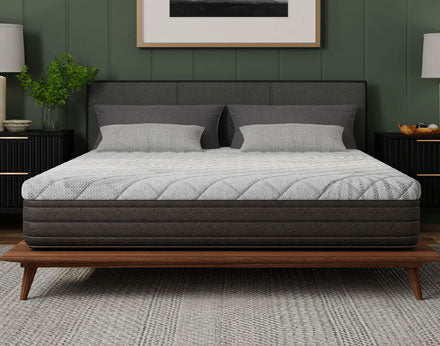




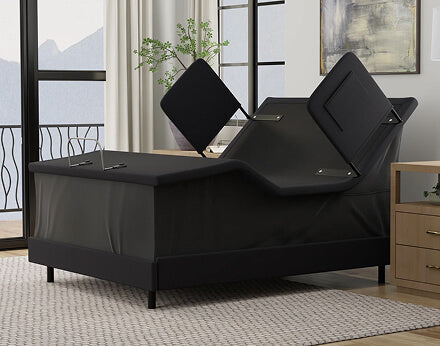



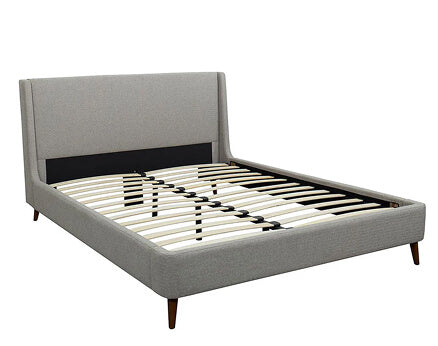
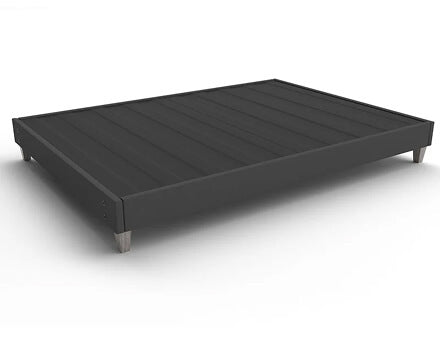
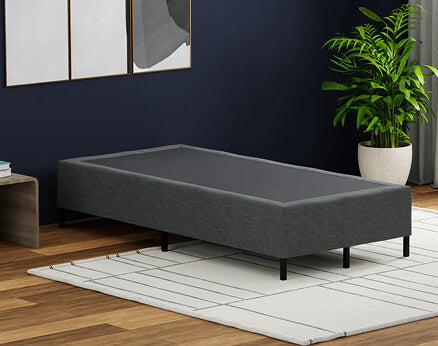

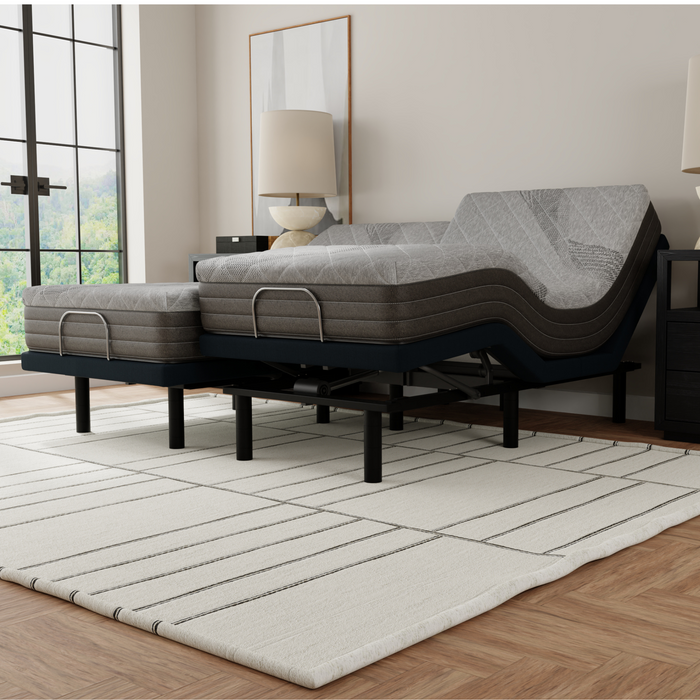
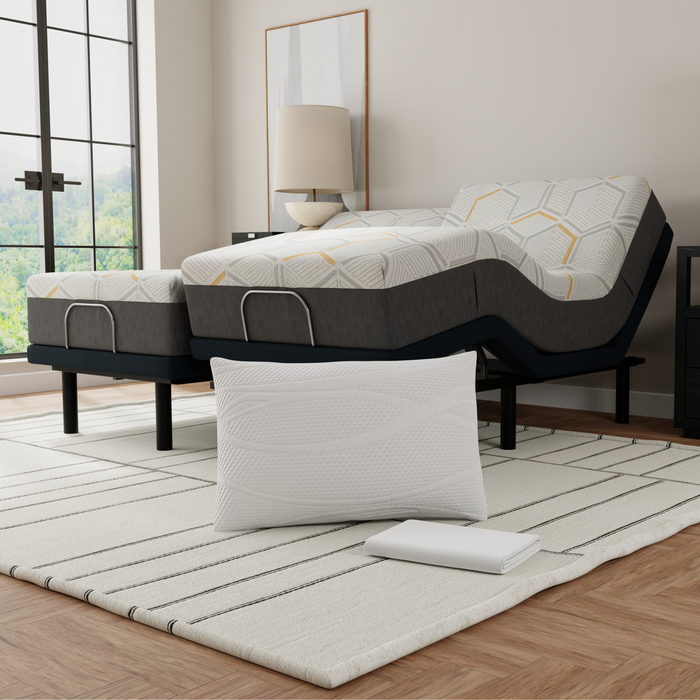
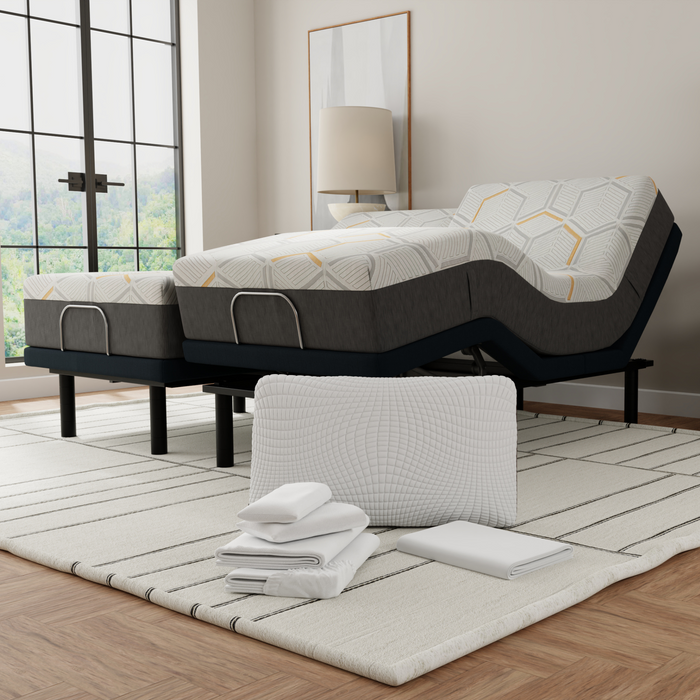
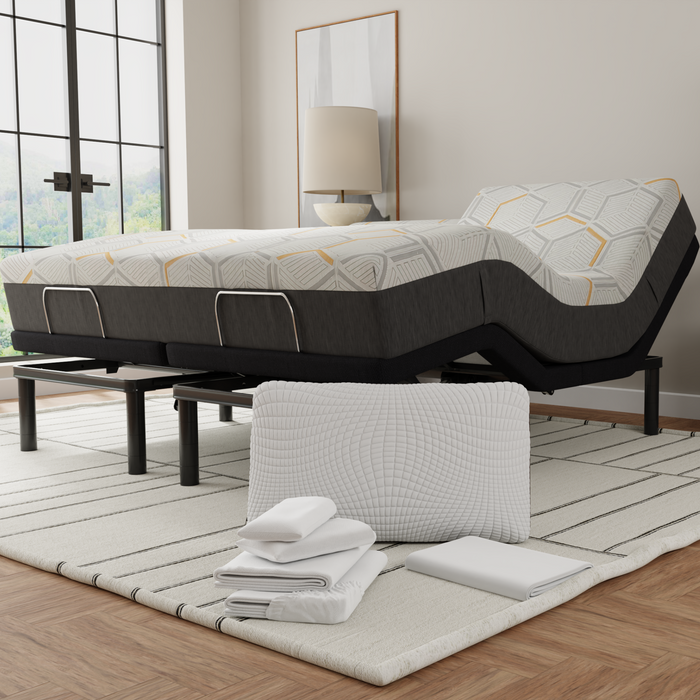

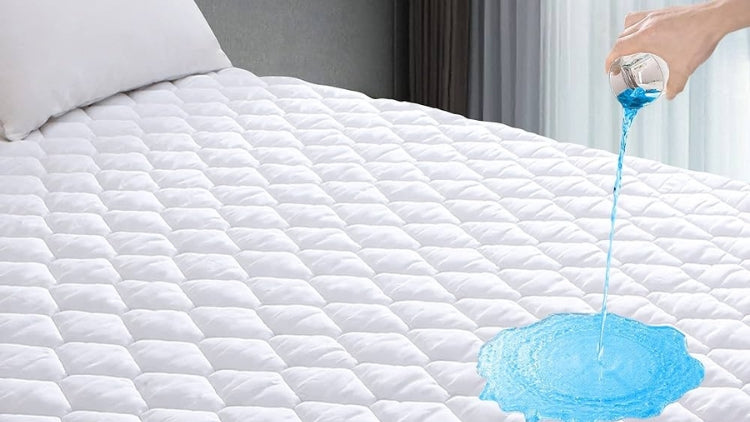
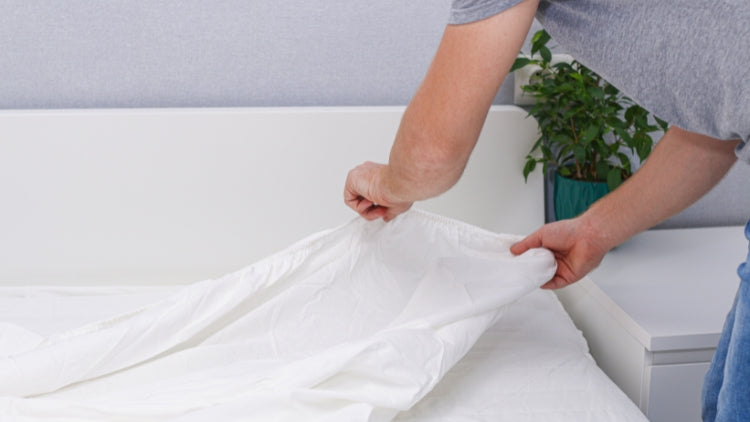
Leave a comment
This site is protected by hCaptcha and the hCaptcha Privacy Policy and Terms of Service apply.